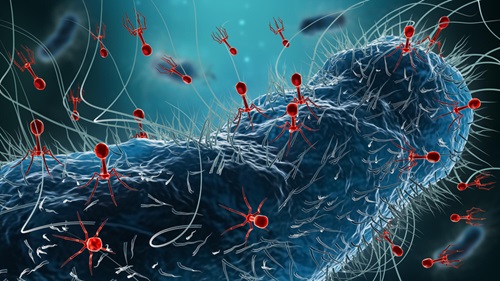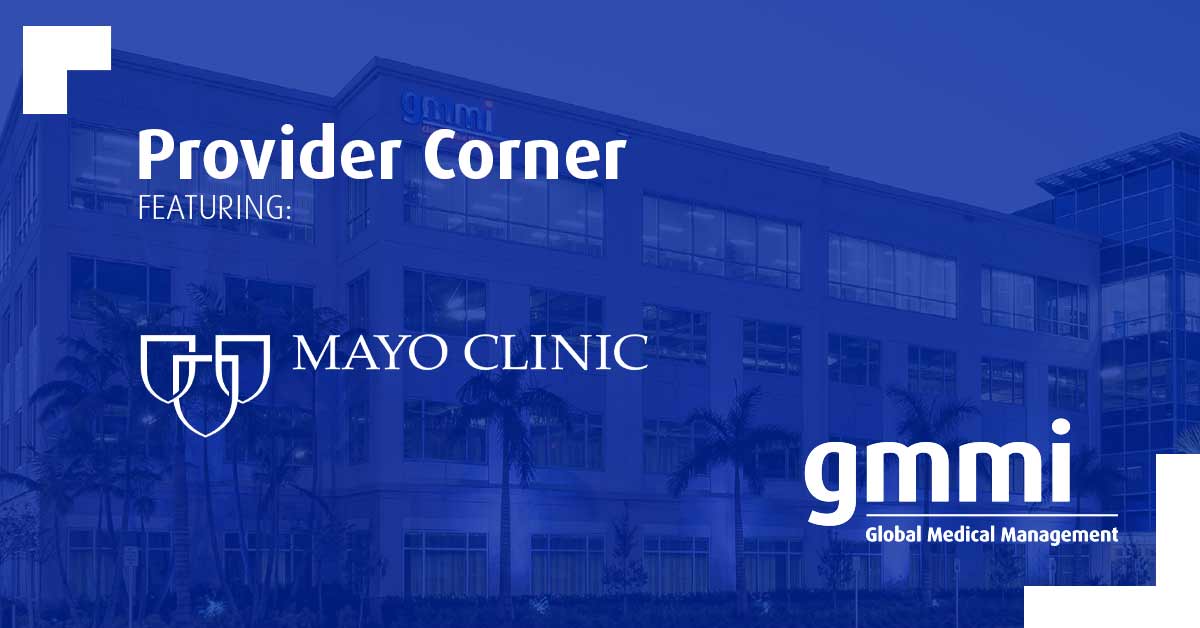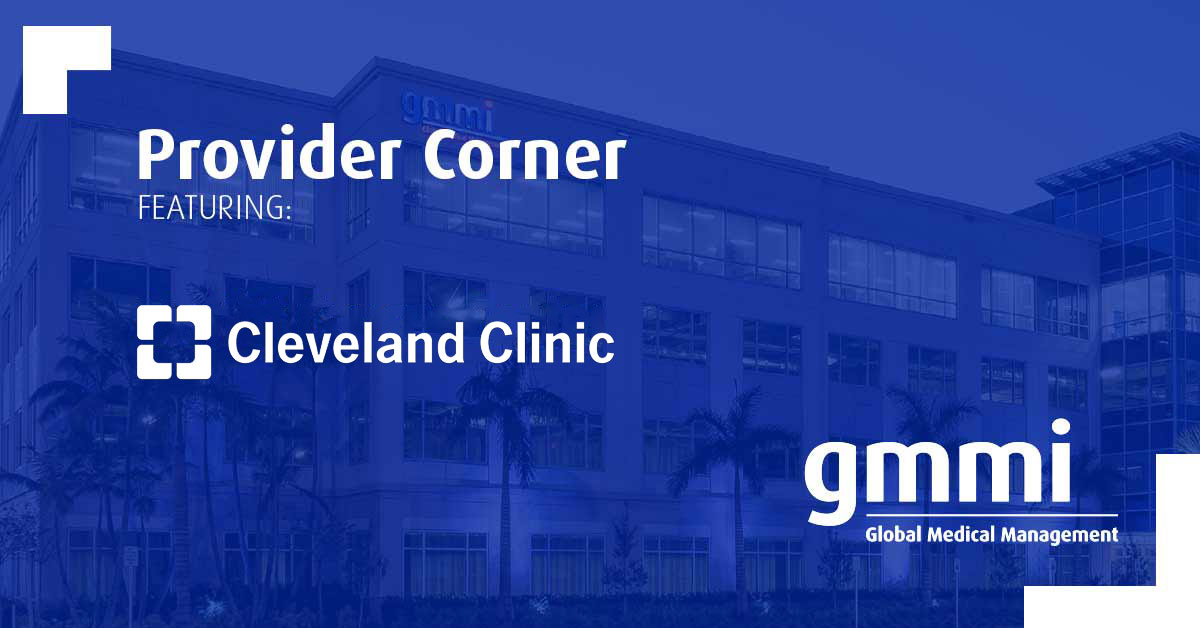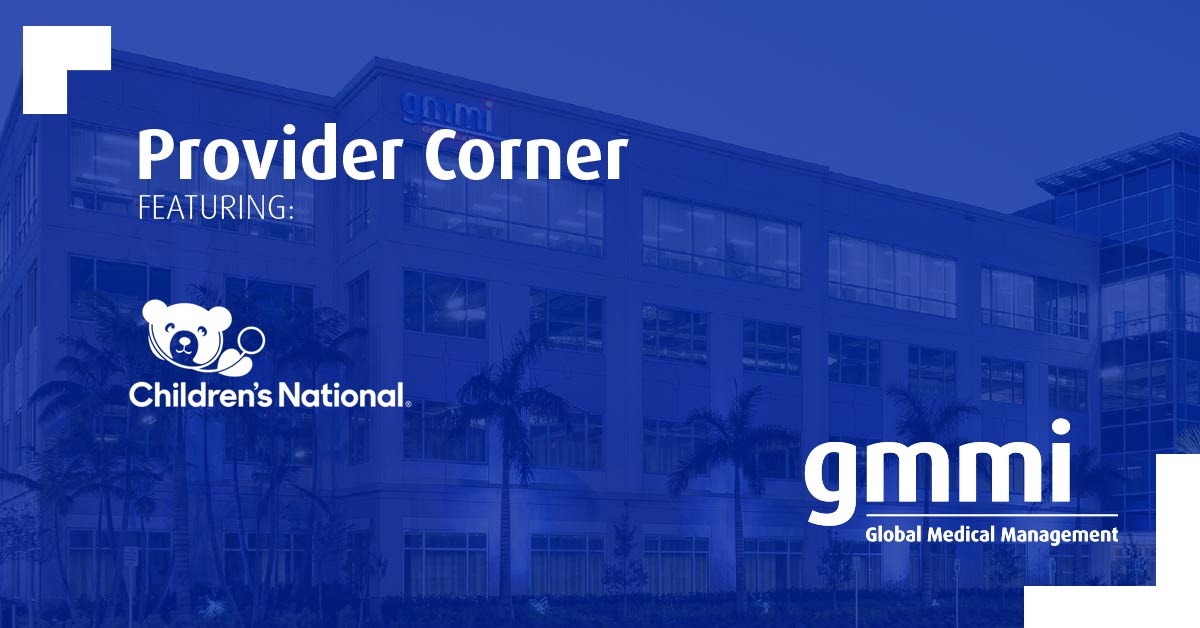
Provider Corner
FEATURING:


In a first, Mayo Clinic treats cardiologypatient with phage therapy
 Mark Ulland, a Mayo Clinic patient, recently received a lifesaving combination of phage therapy followed by a heart transplant. It is the first time Mayo Clinic has ever used phages to treat a cardiology patient.
Mark Ulland, a Mayo Clinic patient, recently received a lifesaving combination of phage therapy followed by a heart transplant. It is the first time Mayo Clinic has ever used phages to treat a cardiology patient.
It is also the first time in years that Mark has felt hopeful.
"I'm extremely grateful," Mark says. "I feel blessed. I'm getting stronger every day."
Mark's long journey back to health began when his heart was failing, and the device implanted to keep him alive had become chronically and severely infected. That's when Gina Suh, M.D., urgently stepped into action. Dr. Suh is director of Mayo Clinic's Phage Therapy Program, which was launched by the Center for Individualized Medicine in 2019.
"It was very clear that this infection was worsening before our eyes, despite the fact that he had been on IV antibiotics nonstop for the past year," Dr. Suh recalls.
Dr. Suh had previously used phage therapy to treat several orthopedic patients with recalcitrant bacterial infections in their prosthetic joint replacement devices. But this would be the first time she would use the investigational therapy on a cardiology patient with an infection in a left ventricular assist device. The implanted pump helps move blood from the heart through the body for patients experiencing end-stage heart failure, like Mark.
Phage therapy cures infection
Phages are viruses that target and kill specific bacteria. They are found everywhere that bacteria exist. The tiny viruses destroy bacteria by injecting their DNA or RNA into the bacteria cells to replicate and burst the cells open.
With implanted devices, bacteria can sometimes clump together and grow into a slimy protective coating, called biofilms. These biofilms can cling to the implanted device and enable bacteria to evade antibiotics that would otherwise work against them.
For Dr. Suh and her team of collaborators, the complex process to prepare the phage therapy involved genomic sequencing and the testing of a repository of phages against Mark’s bacterium. This would help determine which phage would be most effective.
"This had not been done before, robustly. There are only a small number of similar cases that had been done in the whole world literature, so we had to write a new treatment protocol," Dr. Suh explains.
Overall, Dr. Suh treated Mark with six weeks of intravenous phage therapy in combination with surgery to replace his infected implanted device. The combination approach cured his infection, making him a candidate for a heart transplant – something that was not previously possible.
Mark received a heart transplant in August 2022. Now, he's looking forward to getting back out on the golf course.
"I'll be so happy to be able to hit the ball," Mark says. "And maybe going back to work."
Mark’s cardiovascular surgeon, John Stulak, M.D., says left ventricular assist device infections pose a significant challenge, with very few treatment options available short of a device exchange or transplant.
“In Mark’s case, we utilized phage therapy as part of a surgery to exchange his infected device, and this provided a longer lasting bridge to get him to his ultimate heart transplant,” Dr. Stulak says. “This therapy represents great hope for patients as standalone therapy or combined with other surgical therapy. It requires collaboration across specialties, and this is exactly what Mayo Clinic does best."
Next steps for phage therapy
Dr. Suh is working to make phage therapy more broadly applicable, including plans to treat more cardiology patients. She also is launching two clinical trials in 2023 to continue to evaluate phage therapy in the treatment of prosthetic joint infections and pressure injury wounds.
“This is the reason I do this," Dr. Suh says. "My motivation is to have an outcome like this and significantly impact a patient's life for the better."
About Mayo Clinic
Mayo Clinic is a nonprofit organization committed to innovation in clinical practice, education and research, and providing compassion, expertise and answers to everyone who needs healing.
Provider Corner
Subscribe to our Newsletter
GMMI is a leading URAC accredited, ISO 9001:2015 & ISO/IEC 27001:2013 certified provider of cost containment and medical risk management solutions.
We are Passionate for People.
Focused on Client Results.
Driven by Legendary Service.
Our SOlutions
Contact Us
Phone Number: +1 (954) 370-6404
Toll-Free (in the U.S. & Canada):
800-682-6065
Email: info@gmmi.com
2024 © All Rights Reserved.
Code of Conduct | GDPR | PIPEDA | Terms of Use | Privacy Policy | California Privacy Notice | Personal Data Access Form | Responsible Data Leak Disclosure Form




